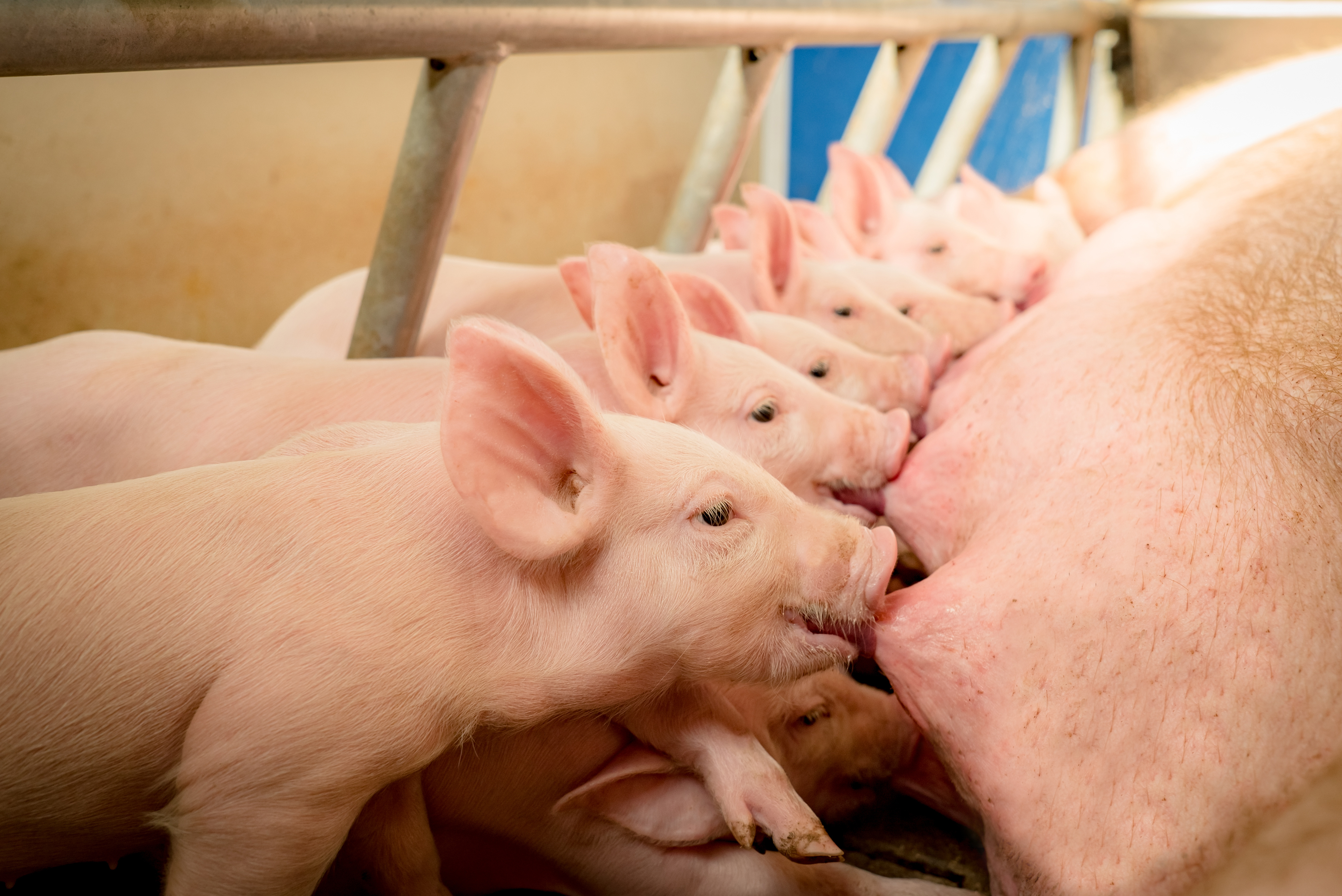



Study investigates effects of maternally derived PCV-2 antibodies on performance of vaccinated piglets
A new study investigates the effect of Porcine circovirus 2 (PCV-2) maternally derived antibodies on performance and PCV-2 viremia in vaccinated piglets under field conditions.The study, published in Porcine Health Management, was conducted by researchers from institutions across Spain and Germany, including the University of Murcia and Boehringer Ingelheim. The investigation into the success of PCV-2 vaccination is driven by the need to develop efficient methods for control of the disease, as well as improvement of production parameters.
The most common presentation of PCV-2 is the sub-clinical infection in piglets post weaning. Researchers continue to develop preventative methods for this disease in pig herds globally, focusing on improving maternally-derived immunity and vaccination in weaned piglets.

The objective of the current study was to analyse the effect of PCV-2 maternally derived antibody (MDA) levels on vaccine efficacy in piglets vaccinated at three weeks of age with a commercial PCV-2 subunit vaccine. The study was performed analysing a database with 6112 wean-to-slaughter piglets from four different European regions.
The results of the investigation showed that the vaccine was successful in decreasing PCV-2 viremia, increasing average daily weight gain (ADWG) and reducing mortality in vaccinated versus non-vaccinated piglets. Regardless of the level of maternal antibodies present at the time of vaccination, vaccinated animals grew faster compared to unvaccinated control animals, indicating that there was no maternal antibody interference.
Conclusions
The results of the present study demonstrated that the MDA against PCV-2 transferred through the colostrum intake has a protective effect against this viral infection. The vaccine used in the present study (Ingelvac CircoFLEX®) was effective when applied at three weeks of age and was not affected by the level of MDA at the time of vaccination.








